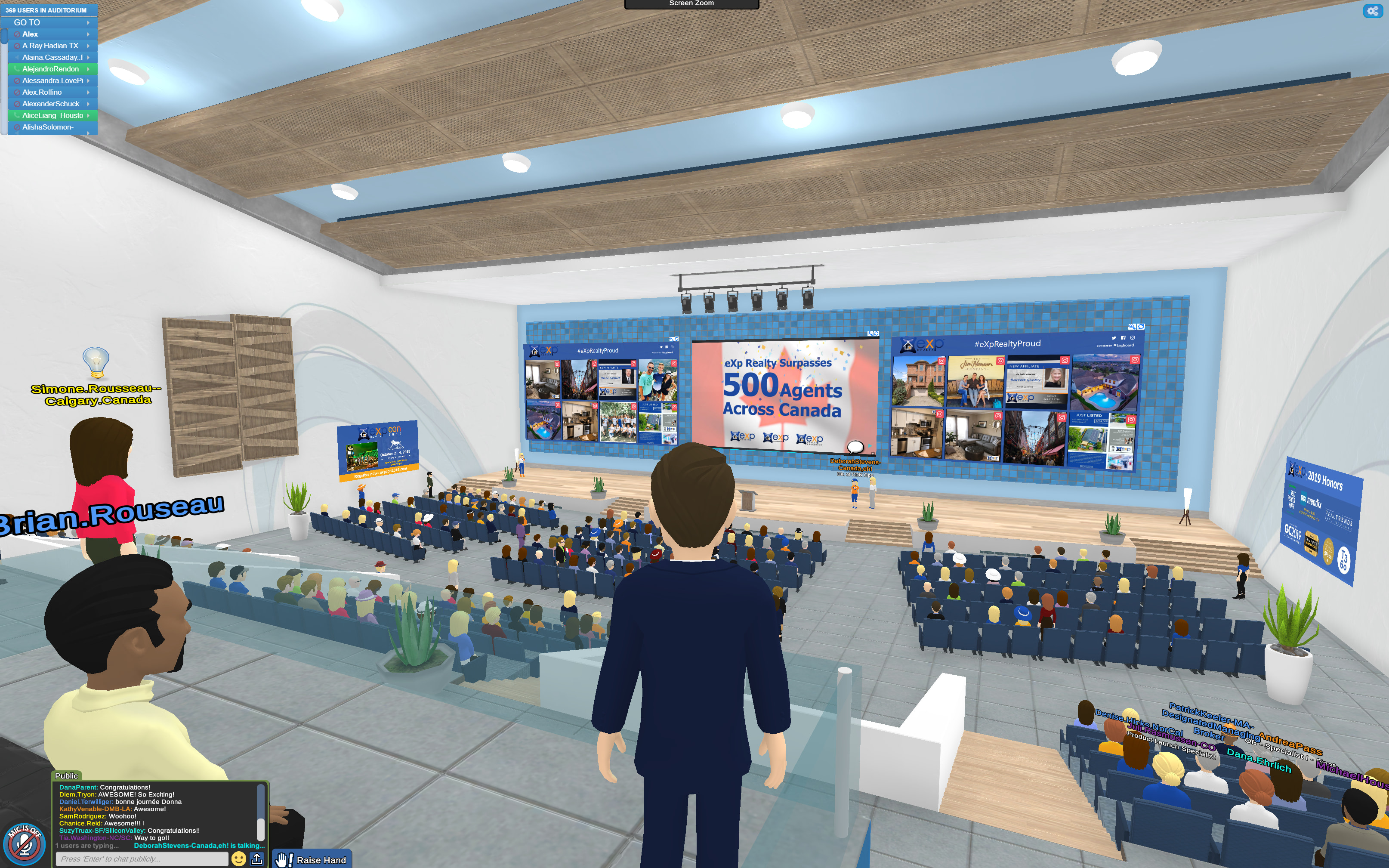Marketing
360° virtual event solutions
Event Options for Socially Distant Times (and Beyond)
OFCORES has ramped up its digital event activities in recent months. We are committed to implementing innovative ways to safely bring people ‘together’, and to enabling our clients to continue realizing their event goals. What types of digital events are available, and are they worth it?
Once you’ve reviewed the types of digital events, make sure you don’t miss our top 5 digital event planning considerations.
Virtual event
- What?
Simply put, a virtual event is one where attendees experience the content online rather than by gathering in person.
You have probably already taken part in virtual events, such as viewing webinars and on-demand tutorials or attending meetings through video conferencing tools like Zoom or Whereby. But a virtual event can take on many other impactful forms too.
For example, virtual conferences, like their in-person counterparts, take place live around detailed agendas, which include keynote addresses, breakout sessions and more. Virtual conferences involve community engagement tools like live presentation content, audio/video, Q&A, polling, interactive networking meetings, mobile apps and more.
Such events still provide attendees with the ability to view keynote presentations in real-time, build their own agendas and interact with other attendees.
- Value?
Virtual events are cost and time effective, environmentally friendly, accessible, and suitable for any size audience. You no longer need to consider large event venues, catering, accommodations and travel expenses.
Content for these events is flexible and can be produced live, on-demand or as a mix. Attendees who cannot join the live event can watch sessions at a later time. Recorded sessions can be used in future marketing pieces for the event host or event series itself.
Virtual events present sponsor visibility opportunities. For example, sponsors can host their own event sessions, provide on-demand content, or obtain increased logo placement prominence though the event website, digital platforms, presentation materials, app and more.
Additionally, virtual events are extremely measurable. Tracking event engagement through virtual conferences is much easier than at in-person events because every online move an attendee makes within the event sphere is automatically archived. This information can then be used to both improve the event in real time as well as the future event strategy.

Hybrid event
- What?
A hybrid event combines live, in-person attendance with digital, online attendance components.
An example of a hybrid event could be a business conference that hosts an in-person gathering in Brussels and livestreams its keynotes and sessions to a European or worldwide virtual audience.
- Value?
Much of the value derived from wholly virtual events also applies to the online portion of a hybrid event.
Hybrid events have the ability to reach wider audiences than in-person only events, as they reduce or eliminate travel, cost and accessibility barriers to attendance.
The return on investment (ROI) for the event is increased when virtual access tickets are sold at a lower rate to those who cannot attend in person, as well as when session recordings are repurposed for future marketing endeavours.

Virtual Reality or 3D event
- What?
Virtual reality (VR) is a 3D, completely computer-generated environment.
To host a VR event, organisers create a computerized event space. Attendees interact in this event world by wearing a VR headset that pairs with the event planning software. This allows them to actually put themselves in the event experience and space, as if they were really there in-person. Each attendee is usually represented by an avatar, so they are able to interact with others and move through the 360° immersive event realistically.
Less immersive, but without the requirement of a VR headset, is a 3D event. This is also created by developing a computerized event space and generating avatars for all participants, but a 3D event takes place on the computer screen. This allows for organisers to provide a more engaging event than a video livestream, but does not go so far as to make the viewer feel like they are physically in the room like they would with a VR headset.
- Value?
Virtual reality and 3D events also provide attendees the ability to attend a highly-interactive event remotely. This provides similar time, cost-savings, accessibility, measurability and environmental benefits as the other forms of virtual events.
VR and 3D events take the remote event experience a step farther by allowing participants to move around a real event space as avatars and interact more realistically with others. This ensures fewer participant distractions, better event engagement and a nicer graphical environment.
With a VR event, users can really experience and become immersed in a different place without physically being there. VR allows attendees to become part of the event conversation, to look left and right and see what others are looking at, and to have a sense of presence through their immersive character.

Image source: VirBELA
Are you considering hosting a virtual, hybrid, VR or other online event? Get in touch with us today! We’ll help you reach your audience with experiences that are impactful – wherever your attendees are.
